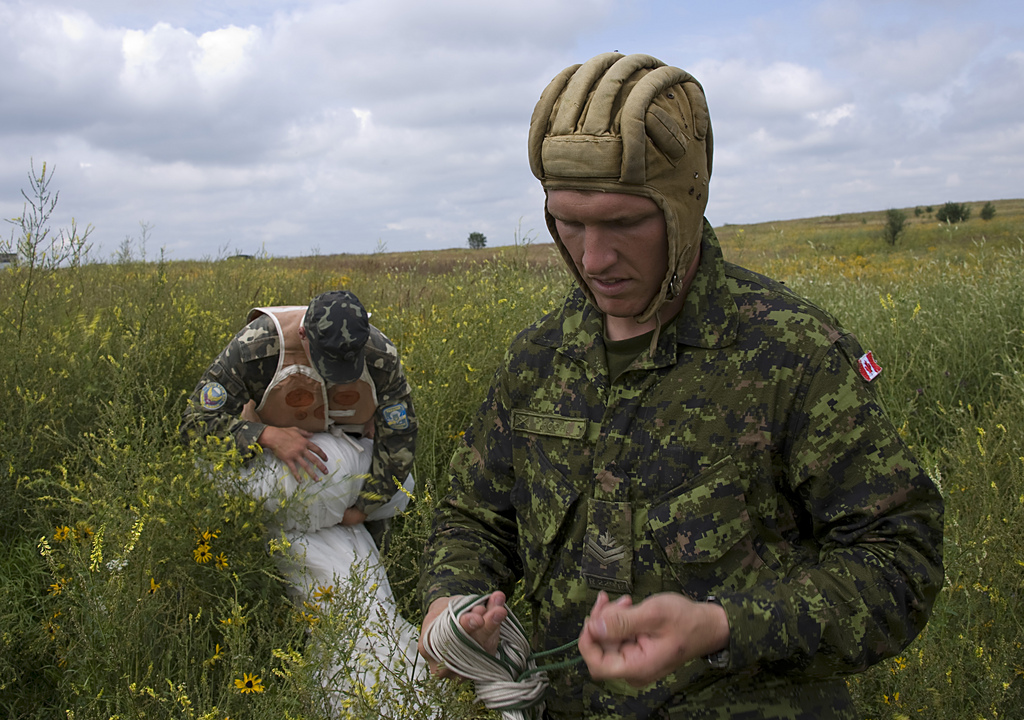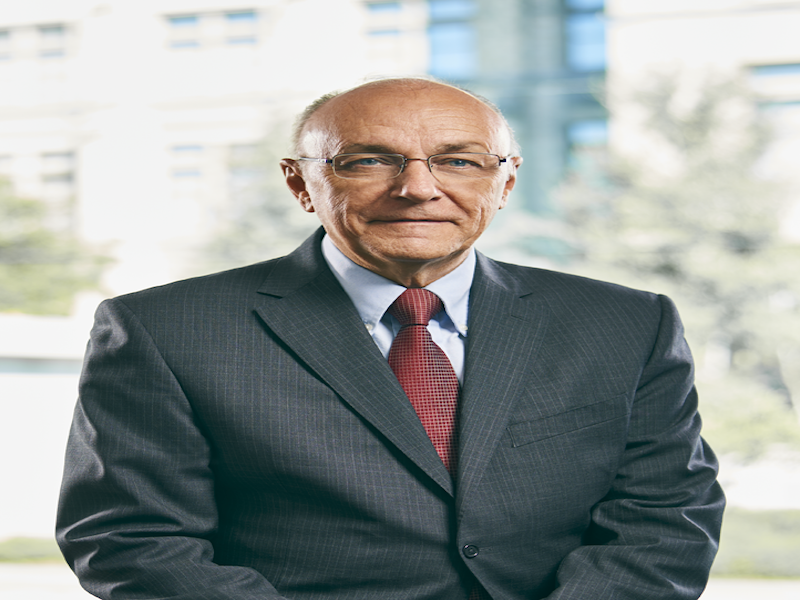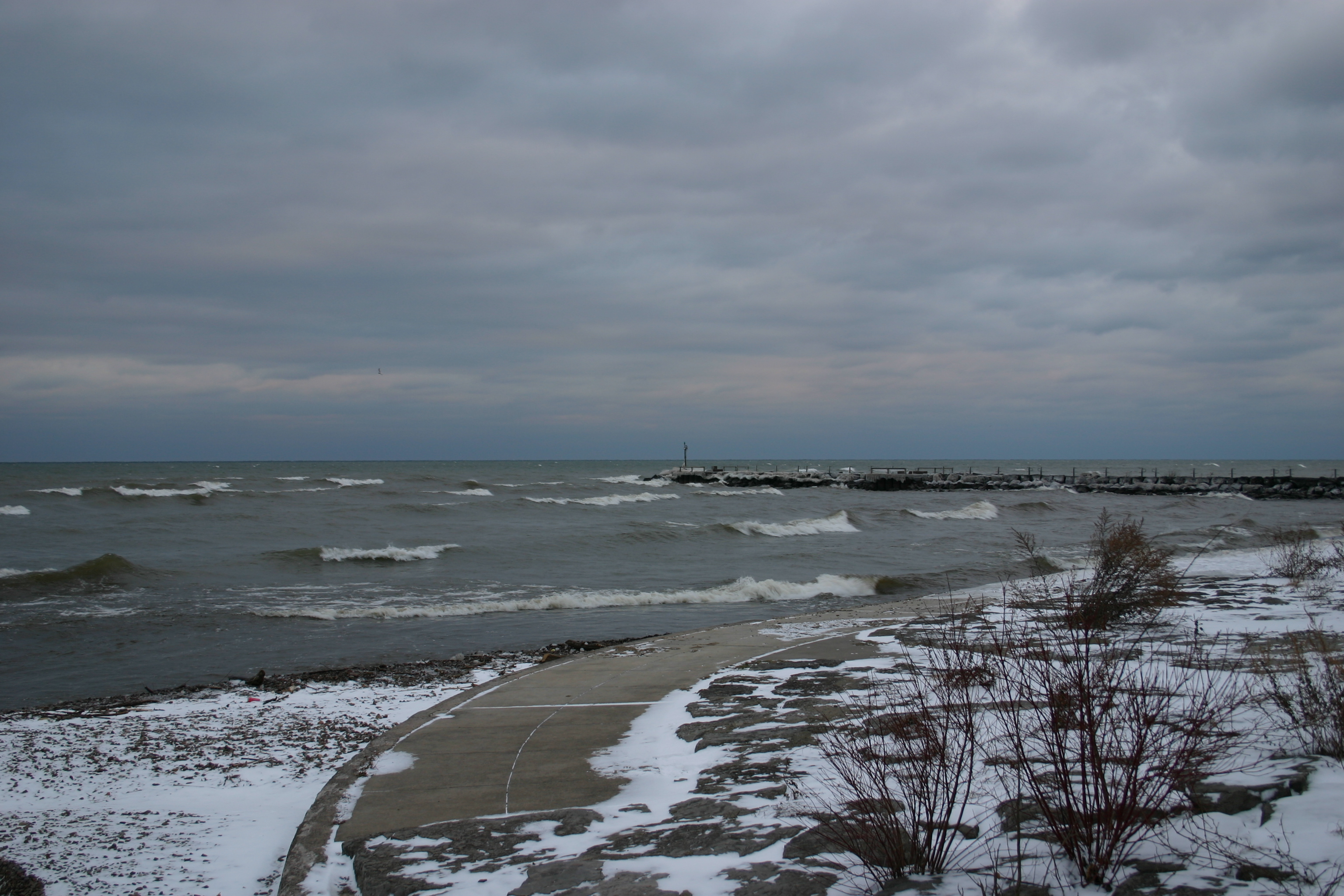Hugh Segal, former Chief of Staff for Prime Minister Brian Mulroney, and Paul H. Chapin, a leading military expert, would argue that a country of Canada’s geographical size requires a larger military force. Not only for self preservation, but also to ensure Canada remains an active member within the international community. Currently there are approximately 65,000 Regular Forces and 25,000 reservists in the Canadian military. The question then arises, what would be the most viable way to increase the number of military personnel in Canada? The solution may be for the government of Canada to examine the viability of mandatory military service.
There is little debate that Canada could use more regular forces and reservists. Canada has one of the smallest reserve forces in the world and it is stretched too thin to adequately protect its interests. The main goal of military personnel is to defend Canada and its interests abroad. However, a larger and more robust military force would serve other purposes as well.
The progression of climate change and other environmental factors has led to an increase in the number and severity of natural disasters. The military’s capacity to deal with these crises will become even more important in the future. The reservists in Canada have distinguished themselves in assisting with recovery efforts after ice storms, floods, hurricanes and other natural disasters. Canada’s Disaster Assistance Response Team (DART) is one example of how military forces are able to assist in crisis situations. This military unit was recently deployed to Nepal to assist in the post-earthquake relief effort. As climate change progresses, reservist personnel will become a key component of Canada’s mitigation strategies. It is apparent that there is a need for more military personnel to fulfill multiple roles, at home and abroad.
A wide variety of mandatory military service programs exist across the world in some form or another. Israel has one of the most ambitious military service programs in which both sexes are obligated to serve, 36 months for men and 21 months for women. Switzerland requires every Swiss male to serve at least 260 days in the armed forces. If a male citizen chooses not to serve or avoids the draft altogether in Switzerland they will be forced to pay a special tax of 4 percent on their salary. There are many models Canada could examine, but some may be too extreme to legitimize for Canada’s more pacifist tendencies when it comes to military service.
One model that shows promise is the Austrian system of compulsory military service. Austrian men are required to either serve for 6 months, or alternatively complete 9-12 months of civil/community service. Individuals are allowed to complete the 9 to 12 months of community service if they are physically unable to pass basic training or for conscientious reasons. The Austrian system provides those citizens who self-identify as pacifist with a legitimate alternative to military service. This would be an important feature in a potential Canadian program.
One of the main issues with a mandatory military service in Canada is the political viability of such a program. Canada has a long history of apprehension when it comes to compulsory military service. When conscription was introduced in the summer of 1917 there were multiple riots in Montreal and Quebec City. The riots and subsequent deaths would forever taint the idea of mandatory military service within the province of Quebec.
More recently Quebecers began to question the mission in Afghanistan, when their sons and daughters did not return home. In the summer of 2007, after a particularly deadly week, over 60% of the Quebec population favoured ending Canada’s military involvement with the NATO mission by February 2009. Military operations abroad and compulsory military service are still deeply unpopular in Quebec.
It is interesting to observe that compulsory military service becomes quite popular in countries where it has been implemented. Switzerland recently voted on whether to keep their program or not. An overwhelming majority, 73% of voters from 26 Swiss cantons, rejected the idea of phasing out their mandatory military service program. It is unclear though that such a program would be as popular in Canada.
Despite the potential unpopularity of a mandatory military service program in Quebec, Canadian military leaders and politicians should examine the viability of such a project. It is apparent that Canada needs a more robust military, both for its self-defense and to remain a relevant global actor. A system similar to the Austrian program could be adapted for Canada’s purposes. An increase in military personnel would not be solely for military missions abroad, but could be deployed at home and abroad in the areas affected by devastating natural disasters.




